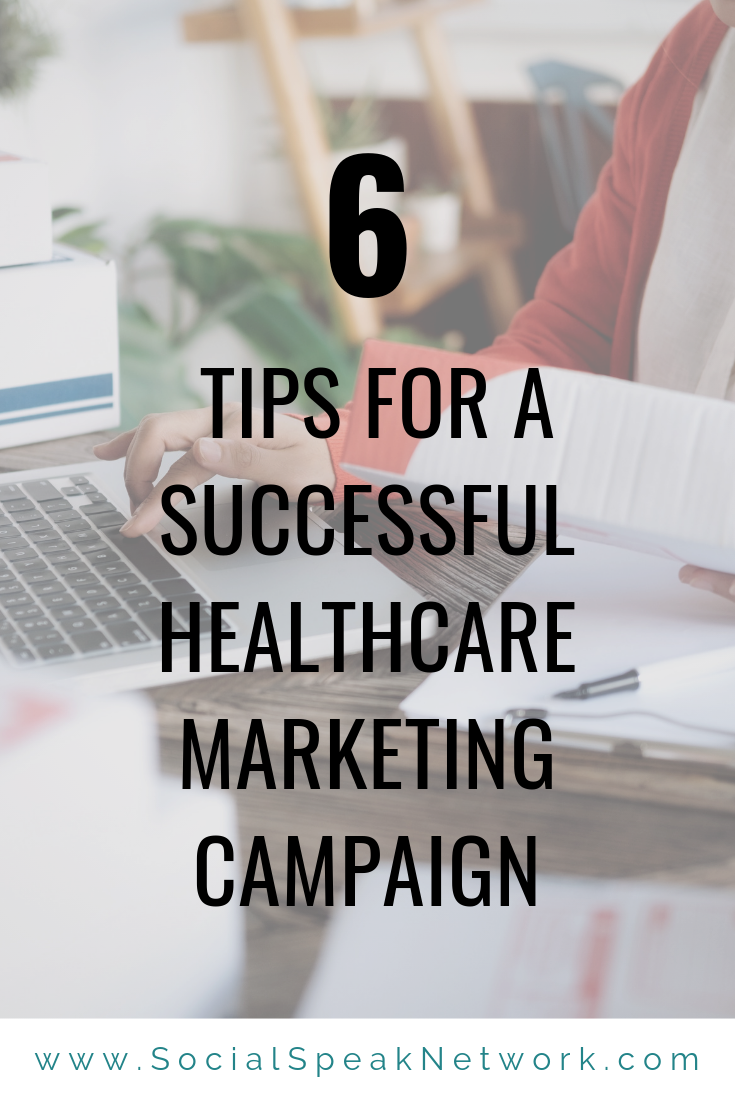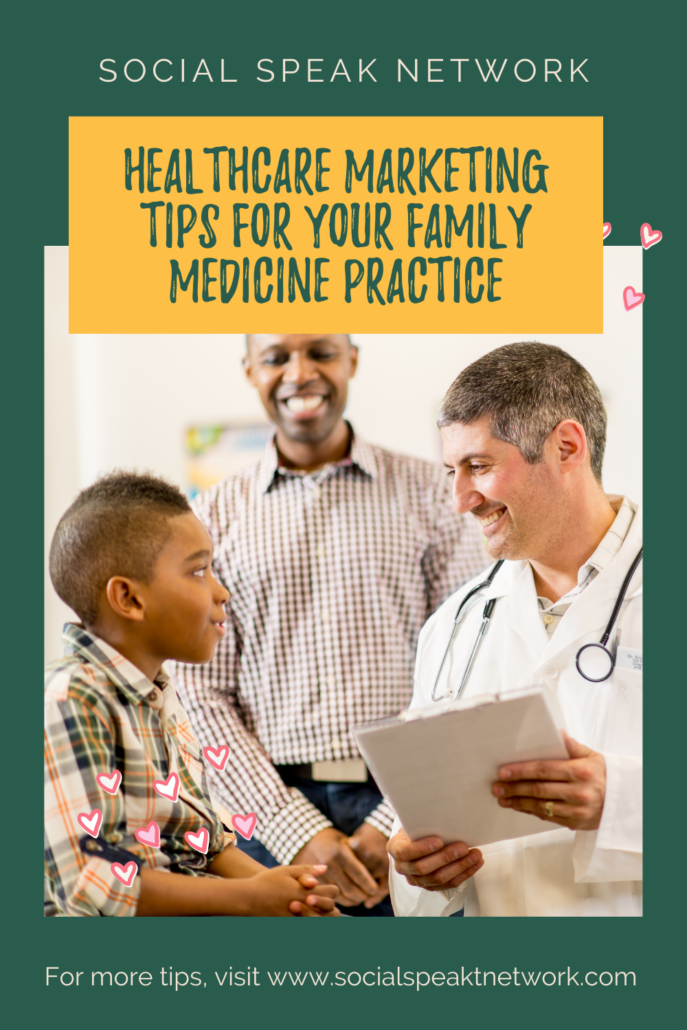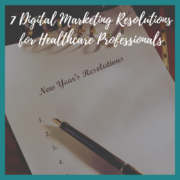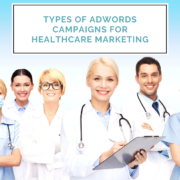Digital marketing is becoming the new wave of healthcare marketing. With the growing competition in the healthcare industry, it is important to stay on top of digital marketing and keep your organization at the forefront of change.
Today, the competition is getting tougher and patients are getting smarter. Many of them even turn to Google for quick answers to health-related concerns. If you want to get more customers to your door, then you need to get in front of your audience and have a solid online presence. Otherwise, someone else will. This is why it’s important to have a healthcare marketing plan — so you can reach potential and existing patients at the best time.
Ever wonder what it takes to create a successful healthcare marketing campaign?
We listed down some tips that you can incorporate into your marketing plan right away.
Know your target audience
A successful healthcare marketing campaign starts with knowing who your audience is and what they value. To produce great results, you first need to create a well-defined persona profile.
Vividly picture who is it that you want to attract to your doorstep and what matters most to them. The more specifically you define your audience, the more likely you are to inspire a positive response.
Carefully and precisely defining your target audience will ensure that you’re not making the wrong assumption about what your audience values. Plus, it will improve your efficiency since you’ll have a good idea about what media to use and how to shape a compelling message that brings a response.
Combine healthcare and social media
Today, social media isn’t just a place for family and friends to stay in touch. People also use them to promote their business and reach their audience.
The power of social media extends to all industries, including healthcare. Social media platforms like Facebook, Twitter, Instagram, and LinkedIn can help you reach a wider audience and connect with your followers. It can also help you drive traffic and leads to your website.
Now that you know who your target audience is, it will be easier for you to reach your key audience. Tapping into online communities and sharing health information can be a game-changer in your healthcare marketing plan. Keep in mind, though, that each platform has its own voice and audience. When you create social media content, make sure that the message is tailored to different audiences and channels.
You can also use paid advertising to increase brand awareness, improve visibility, and widen your reach. Don’t worry. You don’t need to spend a huge sum of money in order to get results. In fact, you can run a Facebook ad for a minimum budget of $5 a day. So go ahead and try it out, and adjust your budget later on.
Make wellness a lot more fun
Health and wellness is a serious topic, but that doesn’t mean that your campaign should be boring and uninspiring. Let’s take cues from UnitedHealthCare’s successful healthcare marketing campaign – We Dare You.
UnitedHealthcare created an interactive campaign that dares people to make one small change to live healthier lives and document it on social media. Each month, there are new challenges and quizzes aimed at inspiring people to live a healthier lifestyle. There are prizes involved too.
The multi-awarded “We Dare You” campaign not only led to healthier habits, but it also fostered an interactive online community of brand loyalists.
Establish an email marketing plan
Email marketing is an effective means of transmitting messages to your current and prospective audience. In fact, studies suggest that email marketing is 40 times more effective at acquiring new customers as compared to Facebook and Twitter. When done right, it can help you grow your practice and reach a larger amount of patients.
With email marketing, the audience is openly receptive, and relative cost is low, and the rate of return can be exceptionally high. You can promote your services in a cost-effective way while building a relationship with your patients.
If you’re new to email marketing, you might want to start with growing your email list. To do that, you need to focus on reaching as many people as possible. Don’t worry. Getting your first 100 email subscribers isn’t as complicated as it seems. With an irresistible lead magnet, a killer landing page, and the power of social media, you’ll be able to grow your email list in no time.
Google yourself
Studies suggest that physicians and other medical practitioners receive up to 45% of new patients through referral. Though most patients would consider the referral of other doctors, family, and friends, the majority of them will run a Google search of your name and check out your reputation before booking an appointment.
The survey revealed that 60% of patients wouldn’t book an appointment with a medical practitioner that has bad reviews. This is why you should Google yourself now. It might seem silly, but it’s actually important.
By running a quick Google search of yourself, you’ll have a good idea of how your practice looks from a consumer’s perspective and know where to start when creating your digital strategy. You also want to make sure that all the information about you is correct and updated.
If you unearth some negative results when you Google yourself, try to have the post taken down. But if that doesn’t work, then the best thing you can do is suppress them with positive content.
Be a source of helpful information
In today’s digital world, most people’s inclination would be to open up a browser in Google and research about their own or their loved one’s condition. With so many people turning to the internet for answers, it is important that healthcare marketing is there to be a helpful and supportive guide.
Regularly post high-quality content that answers people’s questions. This will help them learn more about medical conditions they may be searching for or procedures they may have to undergo. It is also a good idea to share important and relevant medical information to help people improve their health. This will help build your credibility and position yourself as an authority in your field. People may not run off and make an appointment, but you will be in their minds the next time they get sick.













